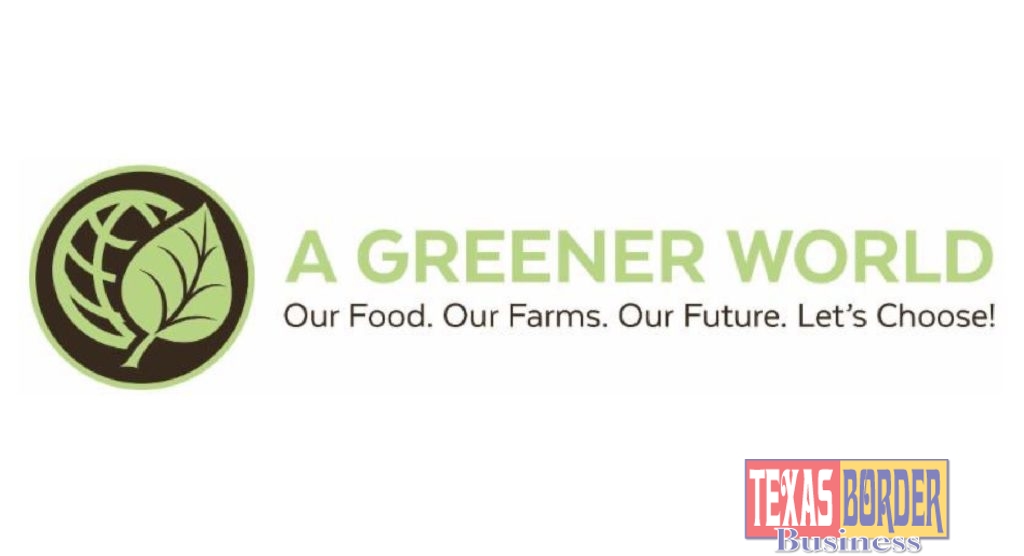
Texas Border Business
TERREBONNE, OR (APRIL 16, 2020)–Twenty-one groups representing agriculture, food businesses, environmental sustainability and rural communities have submitted a joint letter to congressional leaders demanding better support for independent farmers impacted by COVID-19, specifically ensuring their eligibility for the Small Business Administration’s Economic Injury Disaster Loan (EIDL) program currently open to other small businesses and agricultural enterprises.
On March 27, The CARES Act (PL 116-136) was signed into law to provide a broad range of assistance to help tide over small businesses that might otherwise not be able to survive the impact of COVID-19. Among those provisions, Section 1110 of the CARES Act created an emergency economic injury grant program. In recognition that the coronavirus is affecting many types of entities that may not traditionally be considered small businesses, this provision expanded the eligibility criteria in the underlying economic injury disaster loan program.
Despite this legislation and in what many view as contrary to congressional intent, the Small Business Administration currently singles out farms as ineligible for this program, even while nurseries and fish farms are eligible. Independent farmers who sell products at the local and regional level continue to suffer significant market losses due to the COVID-19 pandemic. Signatories asked Congress to ensure that the Small Business Administration revise its initial position to declare that small agricultural businesses and farmers are eligible to access the EIDL program, and the provisions in the CARES act.
Signatories additionally asked of Senate and House leaders,
“Now more than ever, farmers need your help to make it through this pandemic so that they can continue to feed American families, fuel our economy, and sustain other resources which are essential to our survival. As each day passes, more and more farmers are going to be faced with decisions about whether to feed their families or feed their animals. The devastation on farms is unbearable, and it also threatens our food supply. Other sources of financial support such as FSA loans and the pending support for local food systems and direct marketers are slow, inaccessible, and simply unavailable at this critical time.
You have an opportunity to make a simple solution to an easily fixable problem. All we are asking is for you to ensure the revision of the original administrative decision and mitigate immense financial hardship for the nation’s agricultural community.”
A Greener World Director of Communications and Outreach Emily Moose says,
“Many think independent farmers are receiving billions in aid, but the reality couldn’t be further from the truth. While it is true that commodity funding has–and continues to–prop up corporate farming interests, those operating independent of commodity markets simply don’t have access to comparable funds and are hurting. Existing programs at the SBA and USDA don’t provide timely or accessible relief, putting independent farmers at a competitive disadvantage to every other small business–yet these are businesses that we depend on to put food on our tables. We call upon our congressional leaders and the Small Business Administration to recognize the importance of independent farmers in our economy, our food security, and the health of our country, and act now to fix this immediately.”
Signatories include: A Greener World, Buffalo River Watershed Alliance, Community Alliance with Family Farmers, Farm Aid, Farm and Ranch Freedom Alliance, Food & Water Watch, Food Animal Concerns Trust, Friends of Family Farmers, Friends of the Earth, Health Care Without Harm, Idaho Organization of Resource Councils, Institute for Agriculture and Trade Policy, Johns Hopkins Center for a Livable Future, National Sustainable Agriculture Coalition, Powder River Basin Resource Council (Wyoming), Public Justice, Sierra Club, the Socially Responsible Agricultural Project, the Sustainable Food Trade Association, Western Organic Producers Alliance (WODPA) and the Western Organization of Resource Councils (Billings, MT).















